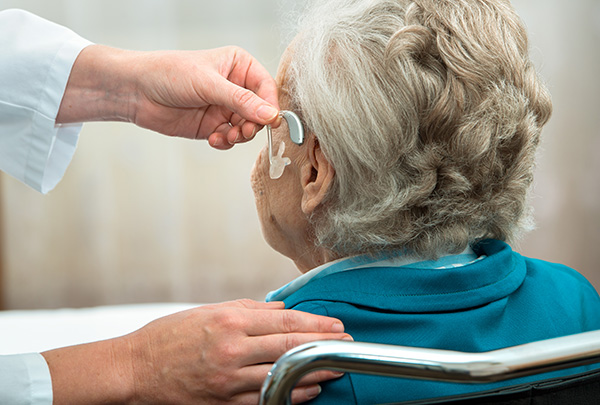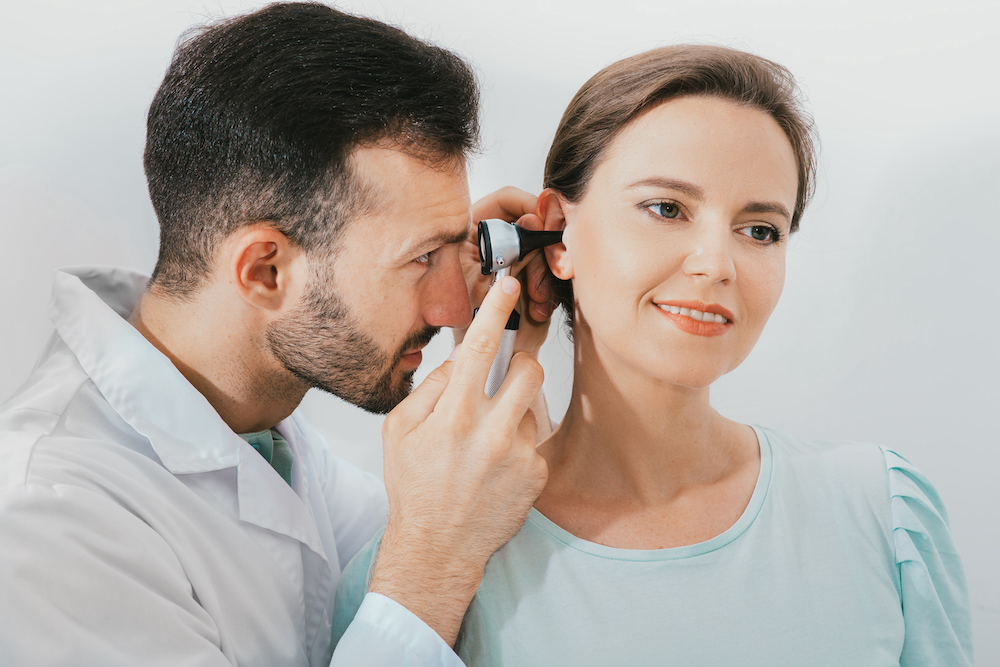Hearing Loss on The Rise For All Demographics
Many people will experience hearing loss at some point in their lives,

By: admin | July 19, 2021
The experience of people with hearing loss differs from person to person, and there are certainly many people who will tell you that it is a challenge to live with. Loss of hearing can absolutely require you to make changes in your everyday life in order to accommodate the difference in your hearing range. But if you have a level of hearing loss that necessitates the wearing of a hearing aid, does this constitute a disability?
To answer this question, it is important to define the term disability. From one point of view, the loss of a level of function that you used to have would certainly fulfill the term; it is, after all, an ability that you once had, which you no longer have. So, there is an argument to state that it is a disability. However, to legally constitute a disability, there is a higher bar to clear.
People with hearing loss at or above a certain level are offered protection under the Americans with Disabilities Act (ADA). These protections will include the right to certain disability benefits and workplace allowances. However, the wearing of a hearing aid in and of itself is not specifically classed as a disability under the law. There is a federally recognized level of hearing loss which is how disability is legally defined. That is a little more complicated than whether you wear a hearing aid.
To qualify as a disability, there are certain legal requirements, some of which are set at federal level, others which may be set at a more state or municipal level and some of which may be decided upon by a service provider for service-specific reasons. This means that a certain level of hearing loss may see you being recognized as disabled by one group or body and not by another. For specific policies, it is always worth checking with the organization providing the service you wish to access.
At a federal level, the requirements for being recognized as disabled for reasons of hearing impairment are quite clear, and based on the results of specific tests:
If you satisfy either combination as set out above, then for federal purposes, your hearing impairment qualifies as a disability. You will therefore be entitled to Social Security benefits on the federal level.
It is the case that some people – who do not meet the standardized federal requirements for recognition as disabled – still wear a hearing aid to mitigate a certain level of hearing loss. This is not an unreasonable act. Hearing aids can allow us to hear things that we would not be able to hear without them. Nonetheless, as pointed out above, it is not the act of wearing a hearing aid that is considered a disability – and unless you satisfy the specific requirements laid out in law, you will not be recognized as disabled. This is because it can be a preference to wear a hearing aid without it being 100% necessary – and it is the element of necessity that makes for a legal disability.
As for whether the wearing of a hearing aid would entitle you to the allowances offered for disabled customers by certain private businesses or by municipal services or anything else, that is very much a matter that is dependent on the policies adopted by those organizations. For instance, some cinemas and other such businesses which as a necessity provide audio as part of their service may have allowances for hearing aid loop technology. When seeking to learn whether you will be covered by such allowances, it is best advised that you ask the provider before seeking to avail of their services.
If you are hearing-impaired or believe that you may be, then there are certain allowances that you may be able to qualify for and which may improve your quality of life quite considerably. To learn more about what you might be able to receive, do feel free to give Portland Audiology Clinic a call at (503) 227-3668 and speak to one of our helpful operators.

Many people will experience hearing loss at some point in their lives,
By: admin | March 24, 2022

A hearing aid that works best for you depends on the type of hearing loss
By: admin | February 21, 2022

Hearing aids are wonderful pieces of technology. Even for those who are a
By: admin | January 31, 2022
